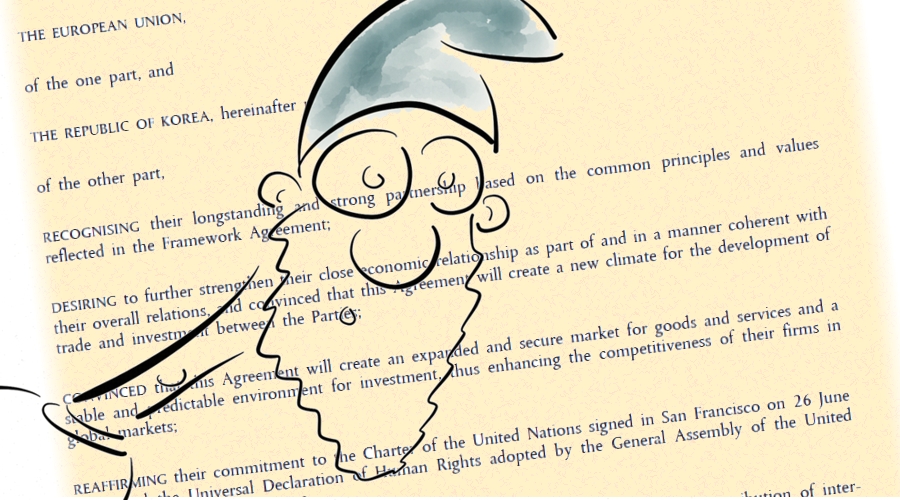UPDATE: On January 25, 2024, talks between Canada and the UK broke down — paused by the UK — over issues such as Canadian tariff quotas for UK cheese, rules of origin for UK cars post-Brexit (affecting duty-free rights) and sanitary conditions for Canadian beef in the UK (not about hormones as in some reports but “about carcass washes used in Canadian processing facilities” according to Janyce McGregor of CBC.
The result was that the Canada-UK deal was an incomplete “roll-over” of the Canada-EU trade agreement. See “UK walks away from trade talks with Canada” (CBC)
By Peter Ungphakorn
POSTED JANUARY 1, 2021 | UPDATED JANUARY 26, 2024
On January 1, 2021, Britain left the EU Single Market and customs union. That meant the EU’s free trade agreements with non-EU countries no longer applied to the UK.
The British government has negotiated, at speed, “roll-over” agreements with those non-EU countries in order to reproduce the effects of those agreements as much as possible so that continuity is maximised for UK business.
This article does not look at the contents or depth of the deals. It simply counts how many of the EU’s free trade agreements have been “rolled over” into continuity agreements with the UK, and how many have not been done.
Continue reading “The UK’s rolled-over deals after the Brexit transition”






